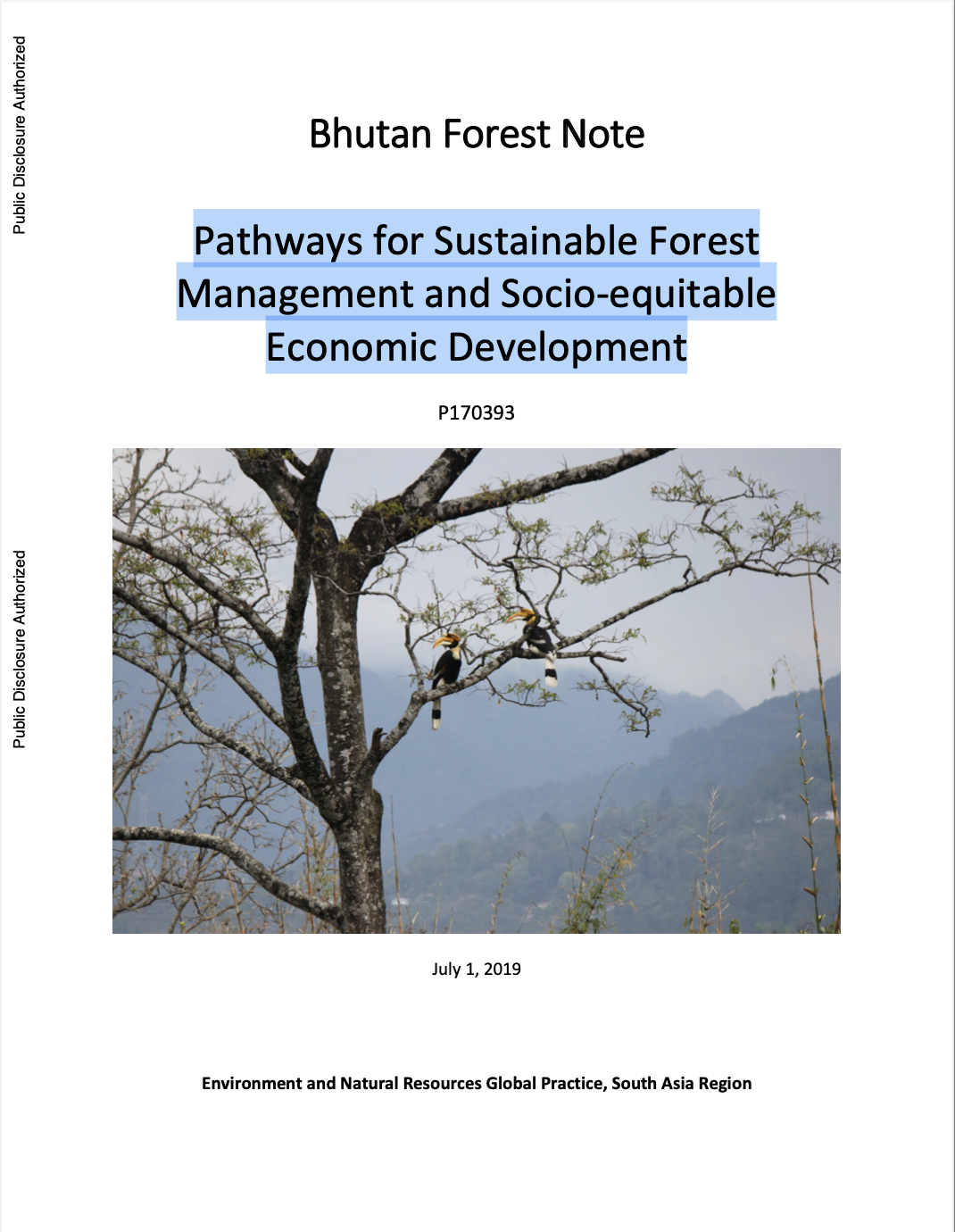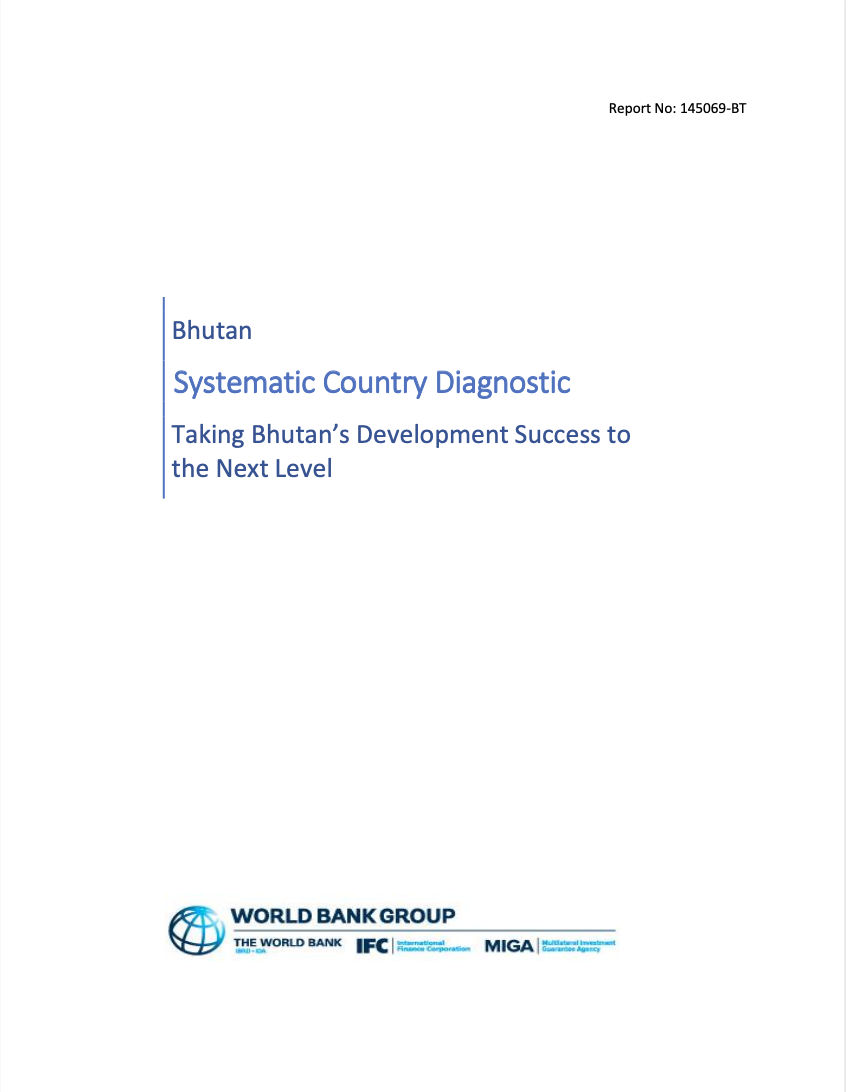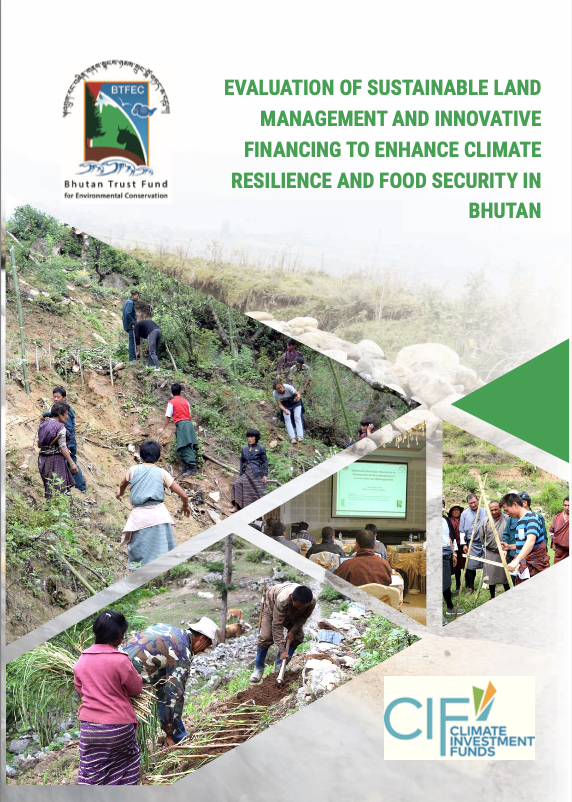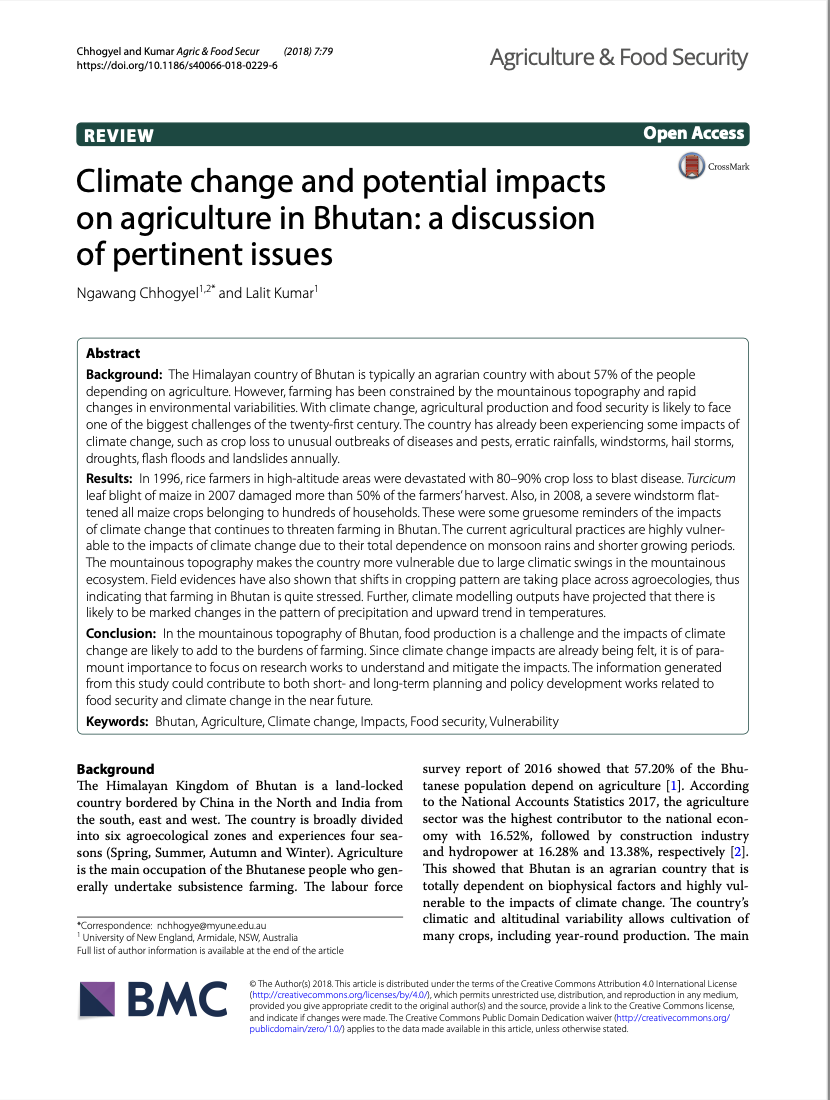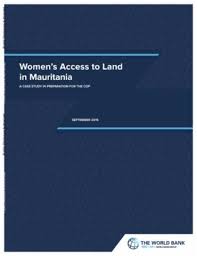LAND-at-scale Mali
This one-pager provides details on the LAND-at-scale project in Mali. This project is implemented by SNV, KIT, Université des Sciences Juridiques et Politiques de Bamako and Coordination Nationale des Organisations Paysannes, and financed by the Ministry of Foreign Affairs via the Netherlands Enterprise & Development Agency.



